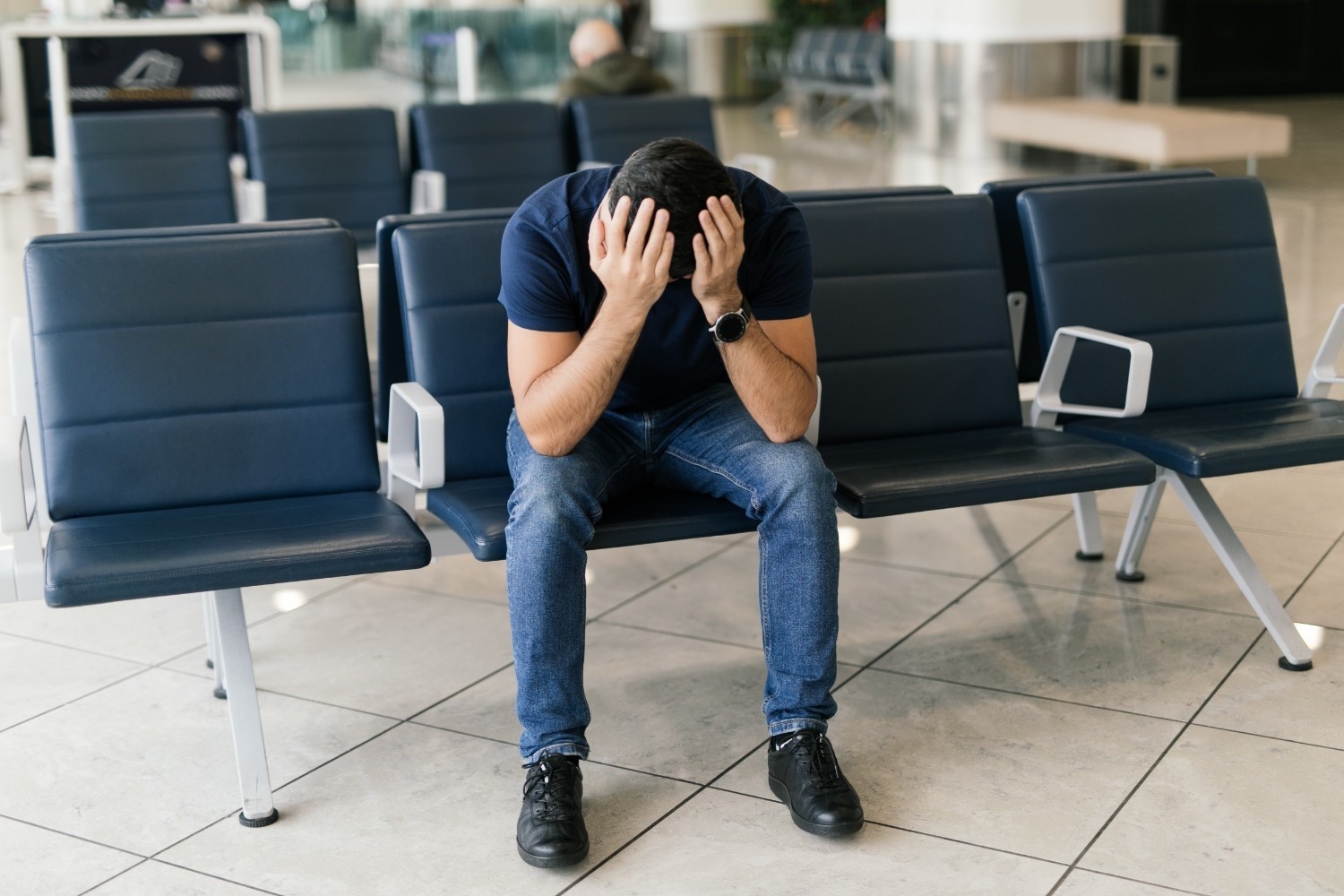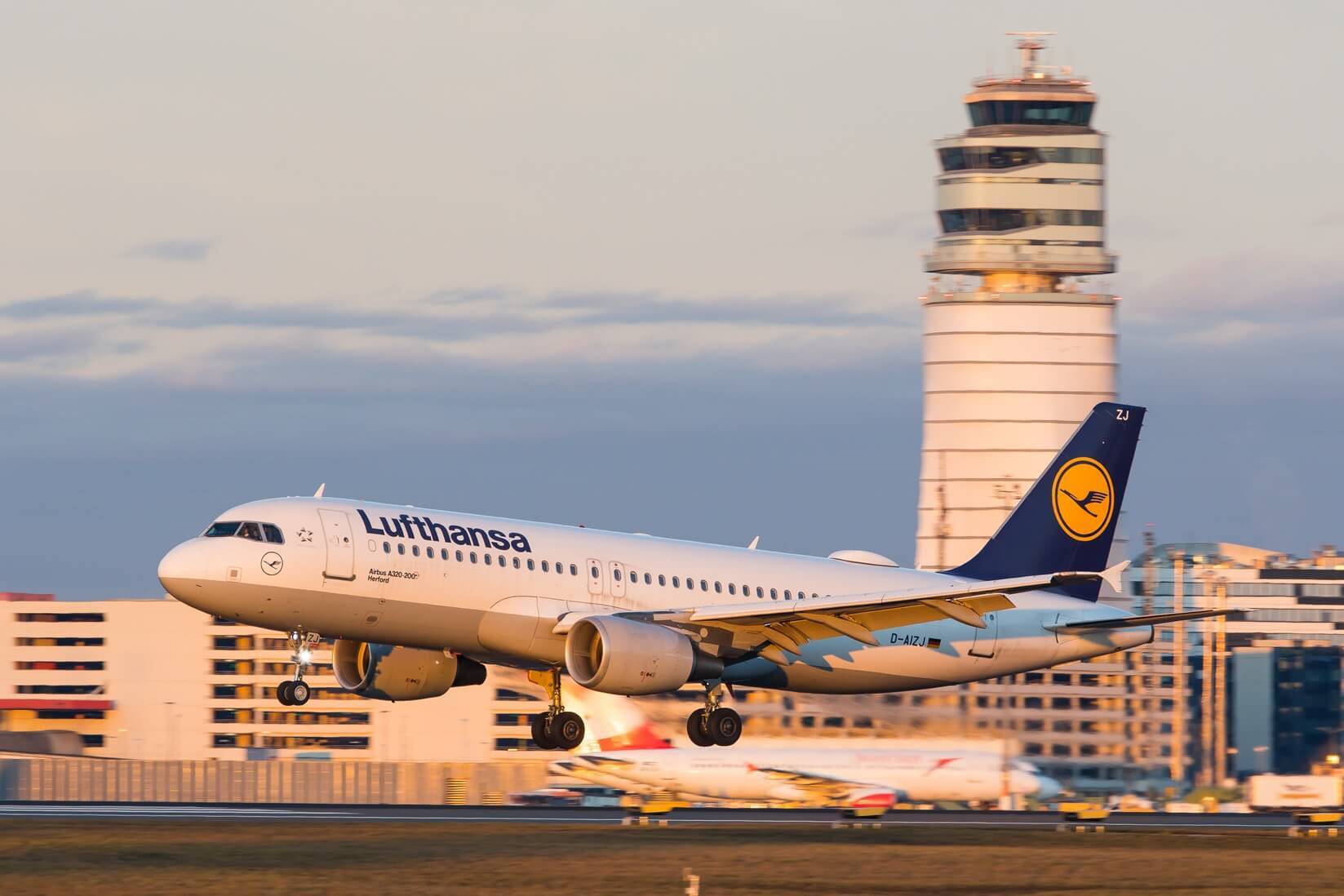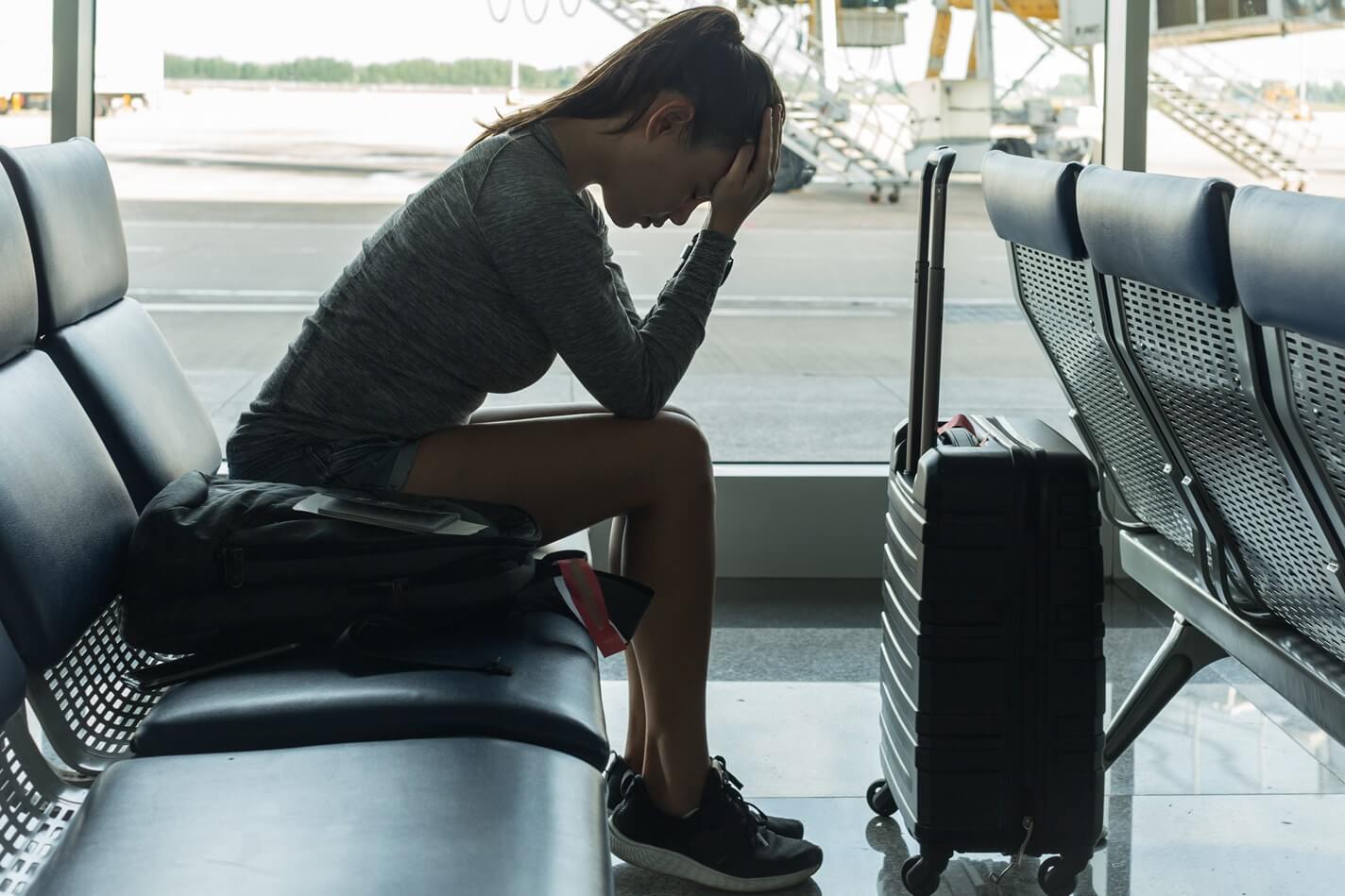Flying with a cold and what to do if it persists

Flying can be a strain on the body even under normal circumstances. If a cold is added to this, not only does the discomfort increase, but also the risk of ear pressure and pain. Many air travelers are familiar with the feeling of pressure building up in the ears during take-off and landing. But what can you do to prevent this pressure and how should you react if the pressure in your ears doesn't go away after the flight?
Before the flight - Preparation is everything
Ideally, preparation for a flight should start a few days before departure, especially if you have a cold. A healthy diet, rich in vitamins, can strengthen the immune system. It is also advisable to keep your body well hydrated. Drinking plenty of water helps to keep the mucous membranes moist, which in turn helps to equalize the pressure in the ear.
Decongestants - Consider using decongestants or nasal sprays to keep the nasal passages clear. This can be particularly beneficial if you have a cold. A clear nose makes it much easier to equalize pressure during the flight.
During the flight - Actively combating ear pressure
There are several strategies to minimize unpleasant pressure on the ears during the flight. In addition to chewing gum and yawning to open the Eustachian tube, it can be helpful to drink regularly. Swallowing also helps to equalize the pressure.
Avoiding sleep during take-off and landing: If possible, you should stay awake during the critical phases of take-off and landing. The need for active pressure equalization is particularly high at these times.
After the flight - Dealing with ear pressure
If the pressure in the ear persists after the flight, there are further measures that promise relief in addition to the tips already mentioned.
Humidity - Continue to drink plenty of fluids and possibly consider using a humidifier to make the air around you more humid. This can help to soothe the mucous membranes.
Relaxation exercises - Stress can make symptoms worse. Try to relax and avoid stress to avoid putting additional strain on the body.
Prevention - The key to well-being
In addition to the measures mentioned above, it may be advisable to avoid flying with a severe cold altogether. The change in pressure in the cabin places additional strain on the body, which can lead to complications if you already have an infection.
Although flying with a cold and the resulting ear pressure can be uncomfortable, there are effective ways to prevent and treat it. With the right preparation, active measures during the flight and appropriate steps afterwards, you can minimize the risk of prolonged ear pressure and make your journey more comfortable. However, if the discomfort persists, it is essential to seek medical advice to rule out serious complications. With these tips in your luggage, nothing stands in the way of a relaxed flight, even with a cold.
Latest posts
Flight delays and cancellations in July 2025
Check which flights were delayed in July 2025 – you may still be entitled to claim up to 600 € in compensation.
Flight cancellations and delays in March 2024
Check which flights were delayed in March 2024 – you may still be entitled to claim up to 600 € in compensation.
Flight cancellations and delays in February 2024
Check which flights were delayed in February 2024 – you may still be entitled to claim up to 600 € in compensation.












